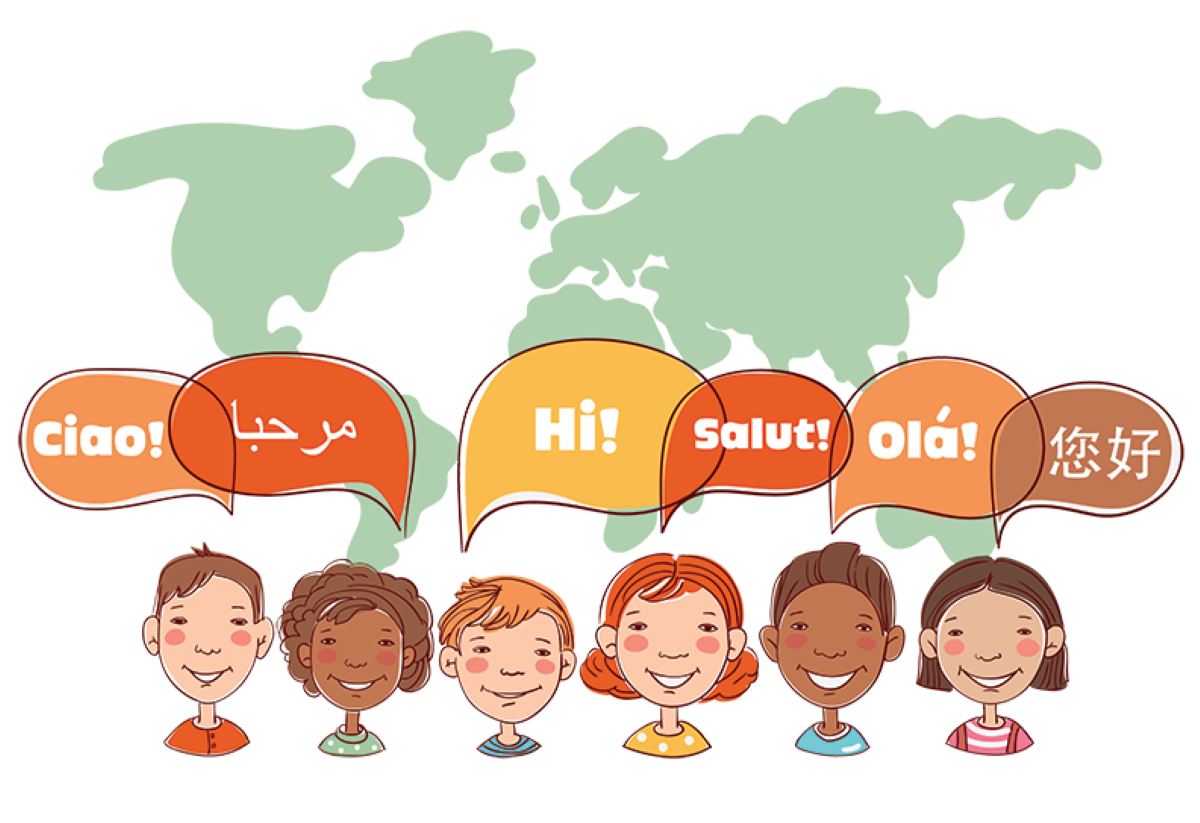While I have never engaged in anything like Soliya, the only thing that I can refer it back to, or compare it to is the zoom meetings which replaced traditional, physical education during COVID-19. In comparison to that experience, Soliya was fairly more structured, diverse, and monitored. The fact that the moderators didn’t really engage in any conversation, participate with us in discussions, and share ideas was awfully stressful, and it made me feel like I was always being judged or watched. However, when I was in zoom meetings with my professors and classmates, we were always engaging in meaningful conversations, where even the professor shared ideas and it was more of experience sharing and passing on accumulated knowledge. I appreciated the engagement and felt more comfortable sharing my ideas and speaking up. Also, I felt like for some members attending the Soliya sessions, there was a sort of language barrier as some of them were attending to strengthen their English language, and so struggled to have full on conversations with the rest of the group. During zoom meeting for university, I can’t really remember that there was anyone, I could say struggled to that extent with the English language. One thing I liked about Soliya sessions was that when they had to record sessions, they asked for the consent of every member, whereas during zoom meetings for university, there was no permission or consent, and it was more of a given. On another hand, one thing both had in common was that they, at least, created a safe space to express ourselves freely given that we were online, and there was this sense of security, or the comfort of being behind a screen and not really seen.
Through the participation in the Soliya sessions, I became more aware of the type of communicator I am in the digital world. I learned that I often refrain from expressing my opinions online, but prefer having conversations and arguments in real life. I am not really an activist, and rarely do I make posts about important events, because I don’t really feel like I can have an effect. Also, I feel like posting online is just a nuisance to others, and it’s not really making a change (especially when posted on a private social media account). I realized that my online persona is somewhat not my true self. On social media, I portray the fun and adventurous parts of myself, but rarely do I express my feelings, vulnerabilities, bad qualities, or weaknesses on there. I became more aware that social media does consume my life, and that it is responsible for a very big portion of why I might feel insecure, and pressured to abide by a specific beauty standard which is often westernized, as portrayed on social media.
With the help of Soliya, I learned the importance of being aware of personal unconscious bias and being able to ignore it when interacting with others, whether online or face-to-face. When communicating with someone who is especially of a different background than yours, whether religiously, racially, ethnically, etc., you should show interest in learning about your differences, accept them, and be open to ideas that might be different than what you believe to be true.
Overall, I enjoyed the Soliya sessions, and felt like it was a beneficial experience in the sense that I got to learn about different people from backgrounds both similar and dissimilar to my own. I didn’t like that it was very long, and felt the long sessions were not necessary. Additionally, I do not feel like it has added anything, which I didn’t know prior to participating, in regards to communication and interactions, especially with individuals who are foreign to my own background. So, if I had the choice, I wouldn’t participate in it again.


Interesting that you picked up on the consent issue – that’s so important.